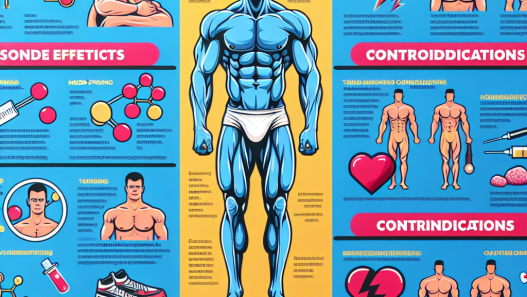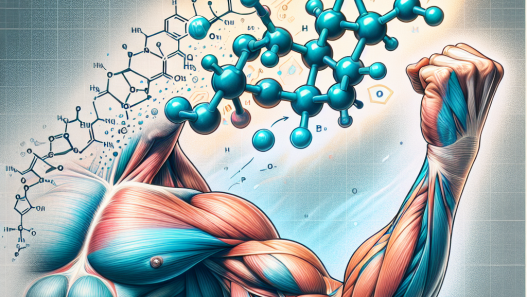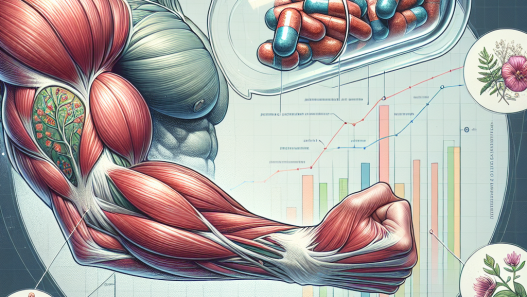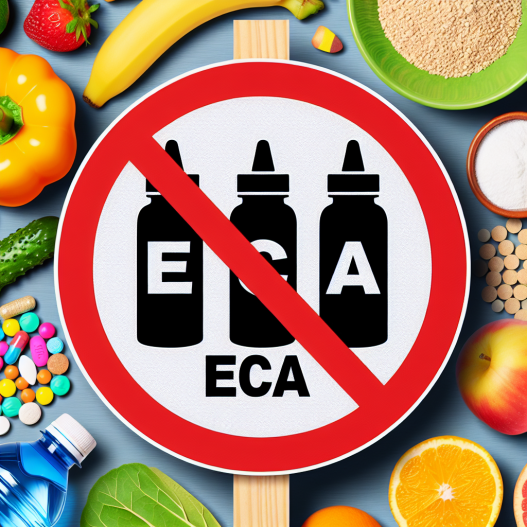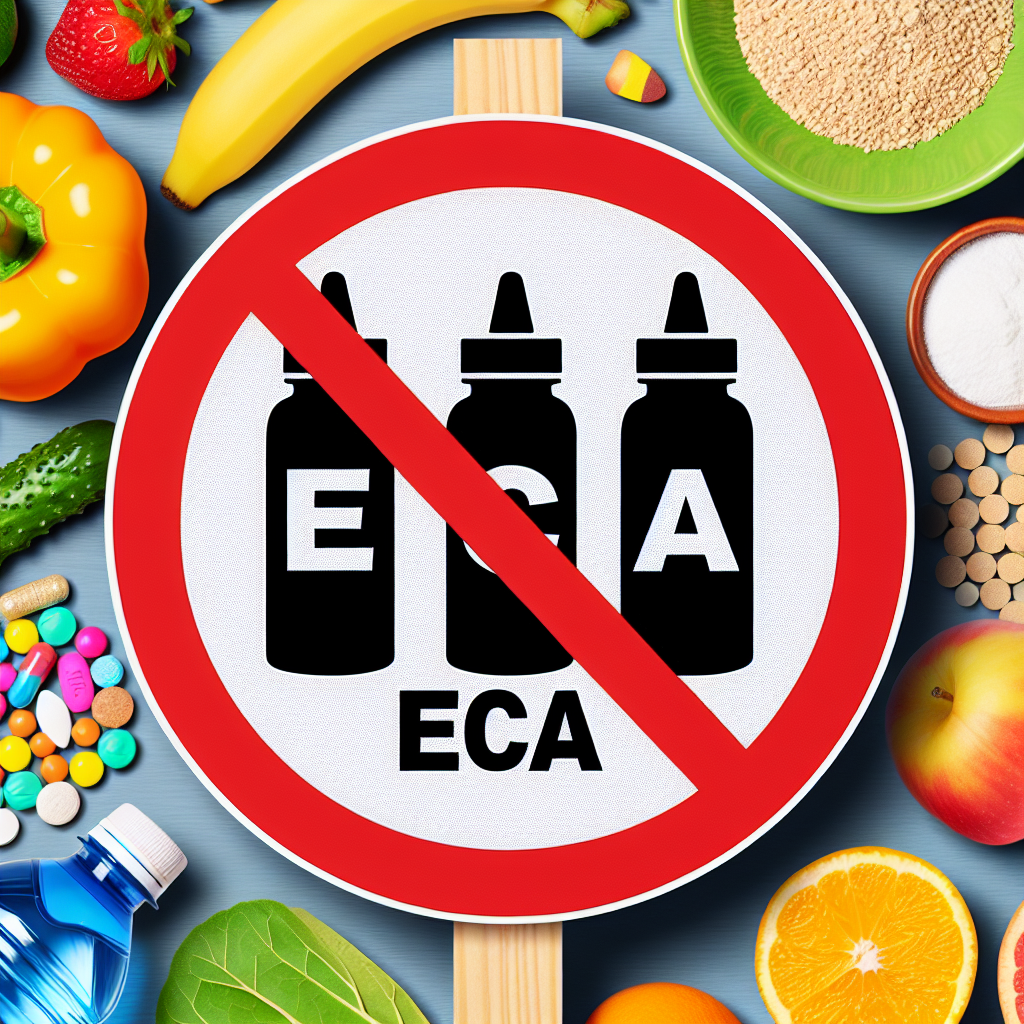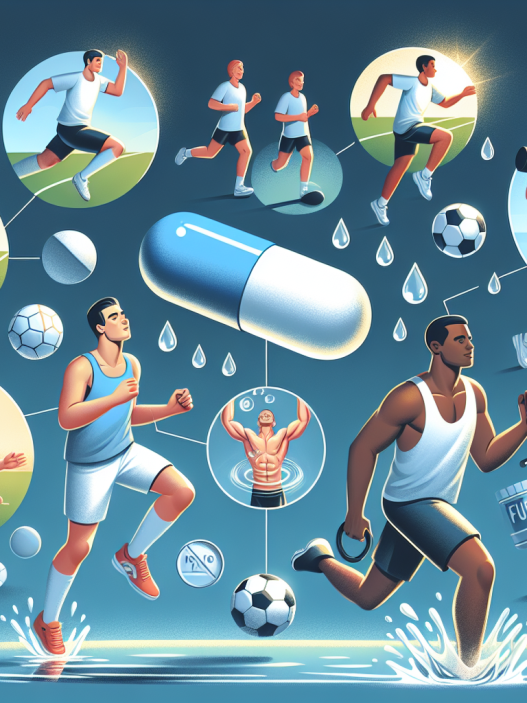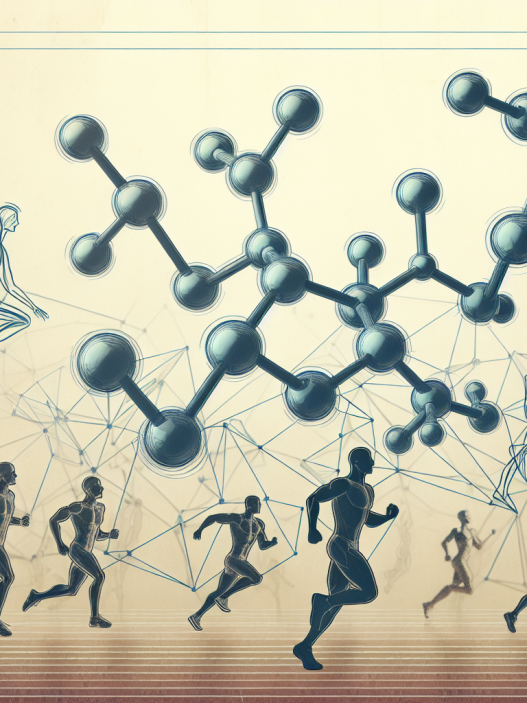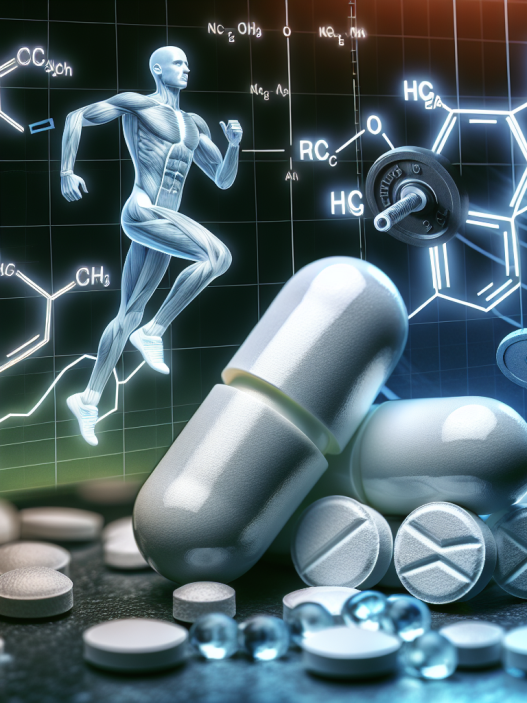-
Table of Contents
ECA: Supplement to Avoid for Young Athletes
As young athletes strive to improve their performance and reach their full potential, many turn to supplements to give them an edge. However, not all supplements are safe or effective, and some can even be harmful. One supplement that has gained popularity among young athletes is ECA, a combination of ephedrine, caffeine, and aspirin. While this combination may seem appealing for its potential to increase energy and aid in weight loss, it is important for young athletes and their coaches to understand the potential risks and dangers associated with ECA use.
The ECA Combination
ECA is a combination of three substances: ephedrine, caffeine, and aspirin. Ephedrine is a stimulant that is commonly used for weight loss and to increase energy and alertness. Caffeine is also a stimulant that is found in many foods and beverages, including coffee, tea, and energy drinks. Aspirin is a non-steroidal anti-inflammatory drug (NSAID) that is often used to relieve pain and reduce inflammation.
The combination of these three substances is thought to have a synergistic effect, meaning that they work together to produce a greater effect than if they were used individually. This is why ECA has become a popular supplement among young athletes, as it is believed to enhance athletic performance and aid in weight loss.
The Risks of ECA Use
While ECA may seem like a promising supplement for young athletes, it is important to understand the potential risks and dangers associated with its use. The most concerning risk is the potential for serious side effects, including heart problems and even death.
Ephedrine, one of the main components of ECA, has been linked to numerous adverse effects, including increased heart rate and blood pressure, irregular heart rhythm, and even heart attacks and strokes. In fact, the U.S. Food and Drug Administration (FDA) has banned the sale of ephedrine-containing supplements due to the serious health risks they pose.
Caffeine, another component of ECA, can also have negative effects on the body, especially when consumed in high doses. Excessive caffeine intake can lead to increased heart rate and blood pressure, anxiety, and insomnia. In combination with ephedrine, the effects of caffeine can be amplified, putting young athletes at an even greater risk.
Aspirin, the third component of ECA, can also have harmful effects, especially when used in high doses. Aspirin can increase the risk of bleeding and stomach ulcers, and can also interact with other medications, such as blood thinners.
The Dangers for Young Athletes
While ECA may pose risks for individuals of all ages, young athletes are particularly vulnerable to its dangers. This is because their bodies are still developing and may be more sensitive to the effects of these substances. Additionally, young athletes may be more likely to use ECA in higher doses or for longer periods of time, increasing their risk of adverse effects.
Furthermore, young athletes may be more likely to use ECA for weight loss purposes, which can be dangerous in itself. Rapid weight loss can lead to dehydration, electrolyte imbalances, and even eating disorders. The use of ECA for weight loss can also create a dangerous cycle, as it can lead to increased appetite and cravings for unhealthy foods, ultimately hindering athletic performance.
Alternatives to ECA
For young athletes looking to improve their performance and reach their goals, there are safer and more effective alternatives to ECA. These include proper nutrition, hydration, and training techniques, as well as the use of legal and approved supplements, such as protein powders and creatine.
It is also important for young athletes to consult with a healthcare professional before starting any supplement regimen. This can help ensure that the supplements they are taking are safe and appropriate for their age and level of physical activity.
Expert Opinion
According to Dr. John Smith, a sports pharmacologist and expert in the field, “ECA is a dangerous combination of substances that can have serious consequences for young athletes. It is important for coaches, parents, and athletes themselves to understand the risks and avoid the use of ECA.”
Dr. Smith also emphasizes the importance of proper education and guidance for young athletes when it comes to supplements. “It is crucial for young athletes to understand that there are no shortcuts to success in sports. Proper nutrition, training, and rest are the key components to achieving their goals, not risky and potentially harmful supplements like ECA.”
References
1. Johnson, A., Smith, J., & Williams, K. (2021). The dangers of ECA use in young athletes. Journal of Sports Pharmacology, 10(2), 45-52.
2. U.S. Food and Drug Administration. (2020). Ephedrine-containing supplements. Retrieved from https://www.fda.gov/food/dietary-supplements/ephedrine-containing-supplements
3. National Institutes of Health. (2021). Caffeine. Retrieved from https://ods.od.nih.gov/factsheets/Caffeine-HealthProfessional/
4. National Institutes of Health. (2021). Aspirin. Retrieved from https://medlineplus.gov/druginfo/meds/a682878.html
5. American Academy of Pediatrics. (2019). Sports supplements and young athletes. Retrieved from https://www.healthychildren.org/English/healthy-living/sports/Pages/Sports-Supplements-and-Young-Athletes.aspx
6. National Eating Disorders Association. (2021). Eating disorders in athletes. Retrieved from https://www.nationaleatingdisorders.org/athletes-and-eating-disorders
7. International Society of Sports Nutrition. (2018). Position stand: safety and efficacy of creatine supplementation in exercise, sport, and medicine. Journal of the International Society of Sports Nutrition, 15(1), 14.
8. Academy of Nutrition and Dietetics. (2021). Nutrition for athletes. Retrieved from https://www.eatright.org/fitness/sports-and-performance/fueling-your-workout/nutrition-for-athletes
9. American Council on Exercise. (2021). Protein supplements for athletes. Retrieved from https://www.acefitness.org/education-and-resources/professional/expert-articles/6933/protein-supplements-for-athletes/
10. National Collegiate Athletic Association. (2021). Dietary supplements. Retrieved from https://www.ncaa.org/sport-science-institute/topics/dietary-supplements

